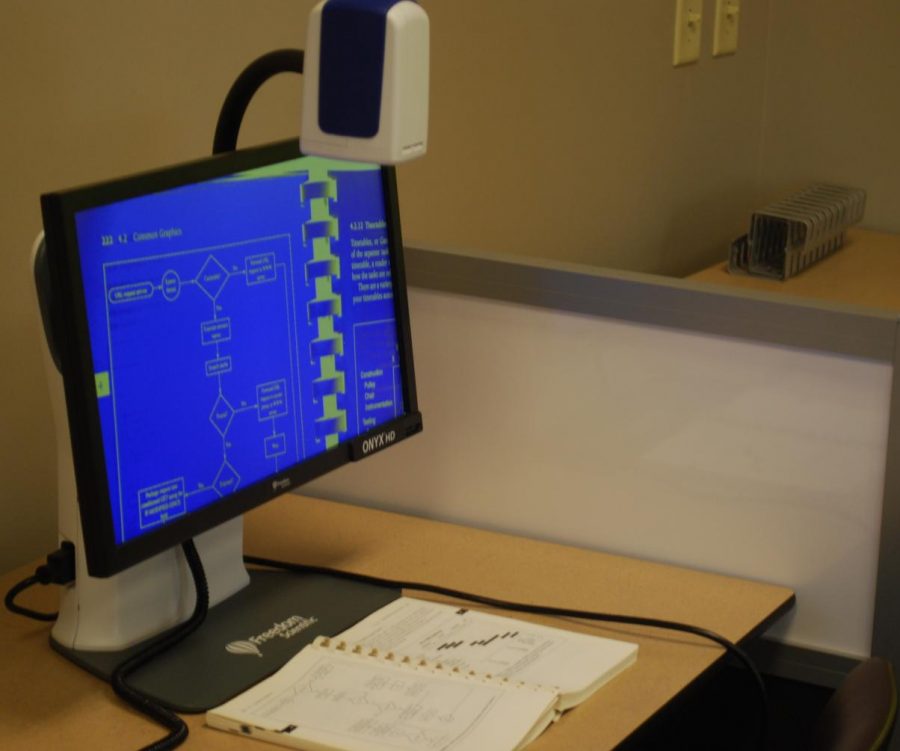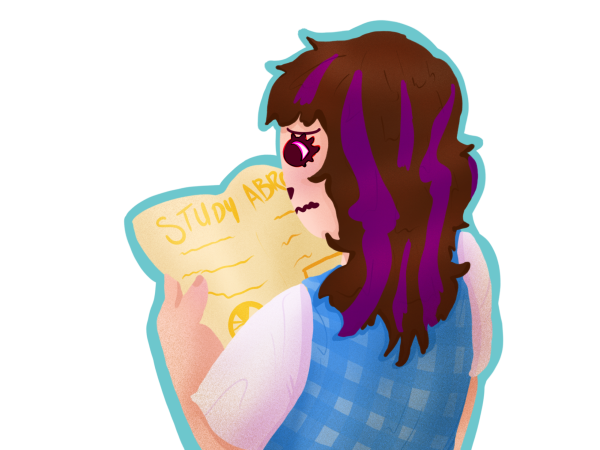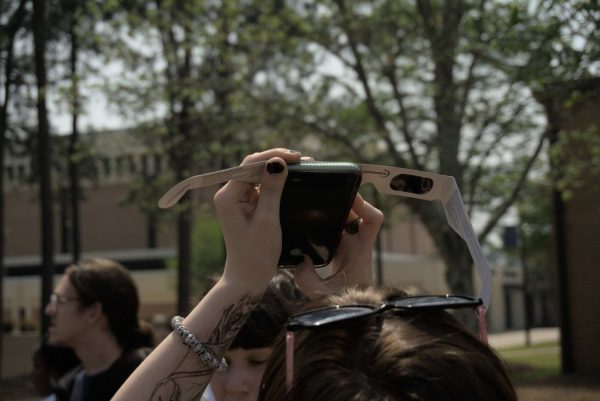Accommodations for the Seeing and Hearing Impaired
The resources available to students with these disabilities
The Center for Accommodations and Access is responsible for granting avenues of success to students with mental or physical disabilities during their stay here at Columbus State University. They craft individualized plans for each student pertaining to their disability, and have a variety of resources available to those who struggle with visual or aural disabilities.
Other organizations recognize the difficulties and hardships students with disabilities face when attending a university. One organization, Country’s Barbecue, donates annually to CSU for those who suffer from visual impairments. This money is mainly used for technology, but some of the finances go towards student scholarships or grants in the form of payment for their supplies. This money is donated with the strict rule that it must be used to help those who are visually impaired, and CSU has upheld this rule.
If a student comes to the center with a seeing or hearing impairment, or both, the center has a variety of resources available for use and can be used by anyone with access to the CAA.
Students with difficulty hearing can rent listening devices from the center as well as a two-sided communication device. This device provides instant communication between two people by typing on each side. A student can also ask for an interpreter. The CAA will provide the student with their contact information and the student will contact the interpreter themselves. Currently, no students on campus have requested an interpreter.
Students with difficulty seeing have access to devices like Zoom Tech or magnifiers on computers to help them review their work. While not all devices have Zoom Tech, all computers do have magnifiers. There are also screenreaders that are available to students, and for those that are completely blind, JAWS can be used.
JAWS is a computer screen reader program for Microsoft Windows that allows blind and visually impaired users to read the screen either with a text-to-speech output or by a refreshable Braille display.
Another program available for those with visual or hearing disabilities is Kurzweil 3000. Kurzweil is an assistive technology that provides a reading, writing, and study platform. This program is directly aimed at those who have difficulty reading and writing. This technology is available for use at the Center of Accommodations and Access.
Certain resources require an extra financial step, such as Zoom Twix, or the CIDI program—a program paid by CSU that offers braille, captioning, or audio lectures. Students who use these programs are encouraged to stay at CSU to avoid the financial loss of providing these resources. For example, one student chose not to attend CSU when the center had already funded the CIDI program. The university lost $13,000 in braille textbooks and other resources provided to aid this student in college. The Zoom Twix—a portable, delicate camera with an intense zoom—costs $3,000 alone.
The CAA strives to provide any resources necessary to help those who come to them with disabilities. The CAA understands that no student’s needs are the same, so how the center can help is determined on a case-by-case basis.
The resources provided can be equally accessed by all students, and no students have come forward to declare that the center did not have the technology they needed to be successful in their pursuit of an academic career.










